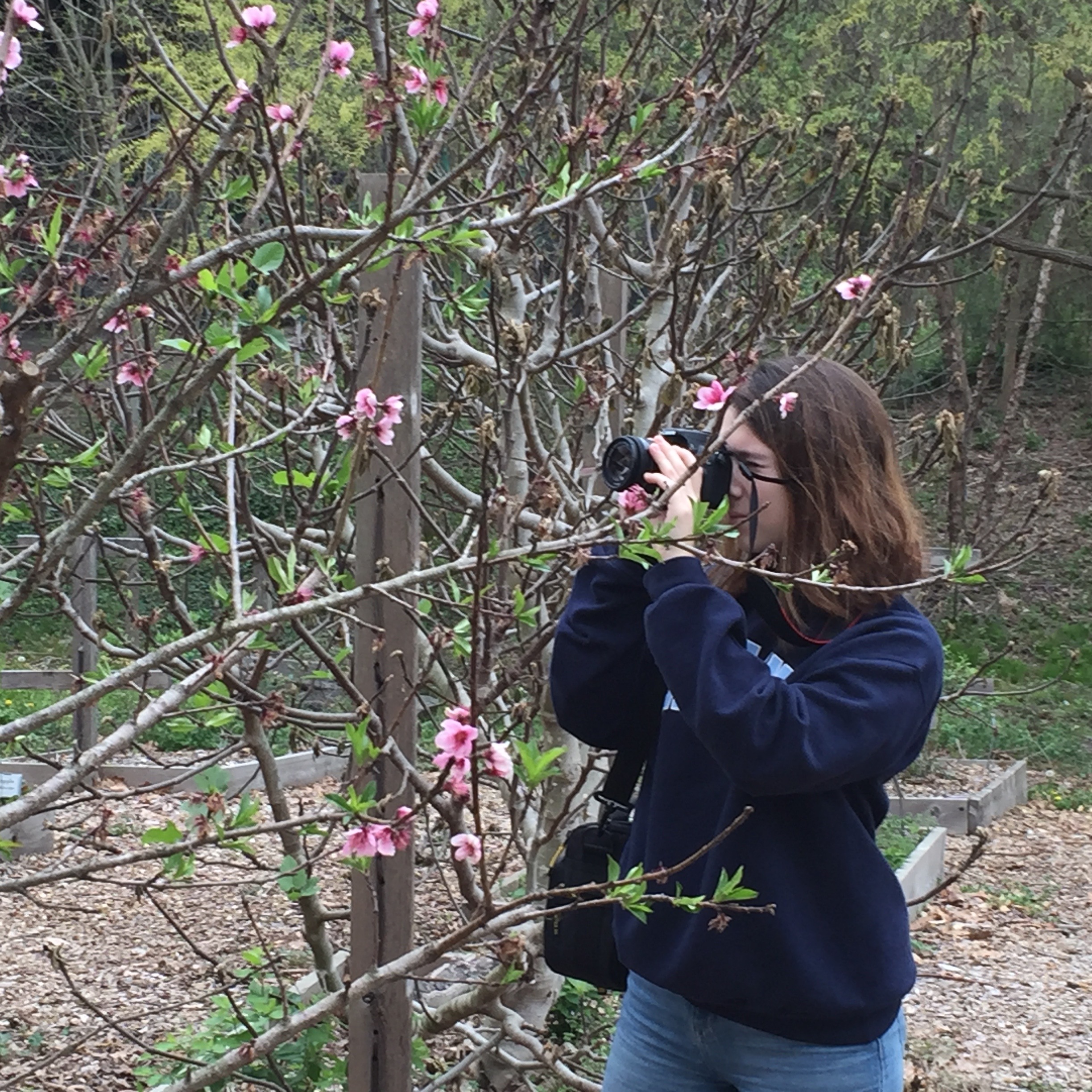On our Research Field Work at the Atlanta National Archives
/My first thought of hearing the words “national archives” will always be Nicholas Cage, Declaration in hand, in the famous archives of Washington DC. One can imagine my surprise when I walked in the doors of the Atlanta National Archives. Though informative in content and impressive in quantity, the Atlanta National Archives could never possibly match the majesty and glamour of National Treasure, arguably the best movie ever made (someone could argue it, I suppose). Images of sifting through history itself still filled my mind, and while the resources I examined probably had little effect on the course of history in Atlanta, Georgia, America, the World, etc, the value of archives shines inevitably through the stacks of musty, dusty, and even rusty records. Primary documents are the closest thing the world has to raw truth, or better, the best tool at estimating truth – never have I better understood the phrase: one man’s trash is another man’s treasure.
The first surprising thing I learned was in the introductory presentation of the archives. I did not understand the vast array of documents that were housed in the archives, and the amount of things that touch and are recorded by the federal government (such as legal documents, plans, photographs, genealogical records, etc.). At the same time, I expected there to be documents that didn’t just pertain to the government, but were still historically important archives. There wasn’t anything in the archive database that indicated relevance to my capstone project, so I decided to look at buildings in the state of Georgia. I picked to look at some records of buildings in Atlanta in areas I am familiar with. The first attempt at primary research proved to be extremely dry; I found myself looking at a soil analysis for a nursing home near Druid Hills. Next, I looked through a large set of blueprints for the Darlington; a drab looking apartment building on Peachtree built in the 50s. Architecturally unappealing and mundane, the Darlington records did raise some questions: why would the federal government have a record of this? Questions like these are why more time looking through actual documents could have been helpful. Yes, more time spent researching is in almost all cases helpful to a project, but archives are especially time consuming, and benefit most from careful evaluation.
Working with primary documents requires careful evaluation and attention to detail - there is more information that one might see at first glance. I learned that though few documents will tell you exactly what you need to know, they could be incredibly helpful if one is willing to really pay attention. If I am to work with primary documents again, I will need to do a lot of prior research before going to an archive. Doing so will help me find how my topic might have been connected to the government in different ways, and what information is specifically available at whatever archive I go to that might help or not help my research.
My biggest issue with the archives was my struggle to find things of relevance or interest to me. I could not believe how many records were kept, a great many of which seemed filled with useless information. Although it did not help me, I have to remember that to someone else, this information is incredibly valuable. I also realize that deeming certain records unimportant is ignorant, because it is entirely subjective. Even if a document has yet to see the light of day, it might be exactly what someone needs twenty years from now. Archives, and primary documents in general, are important to preserve even if many of them are not seen as valuable to a wide audience.


